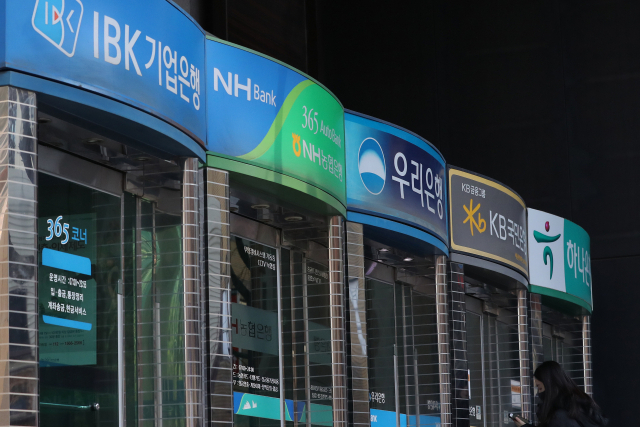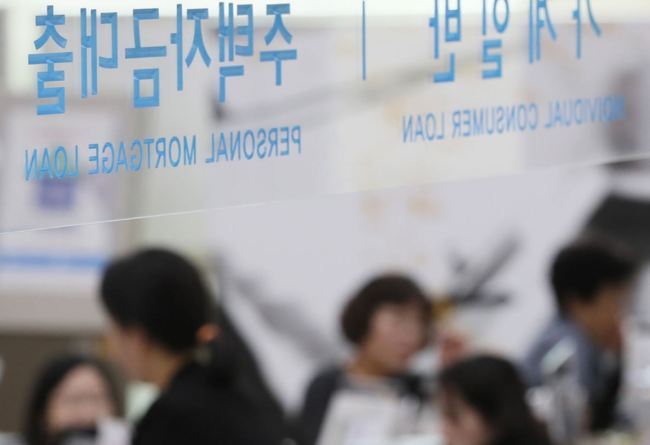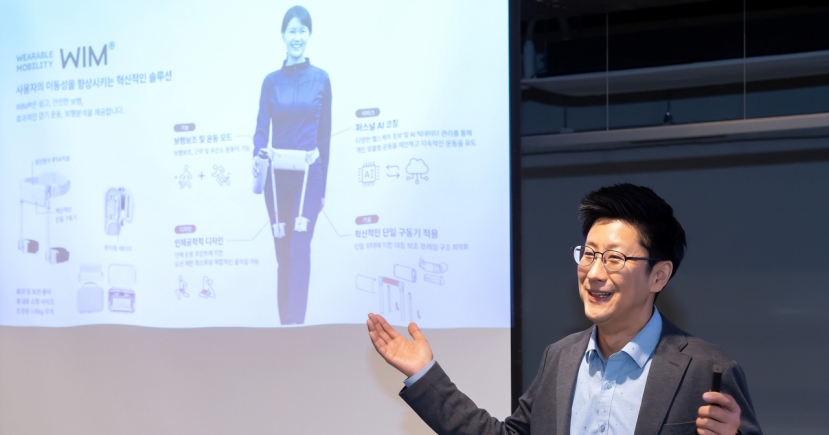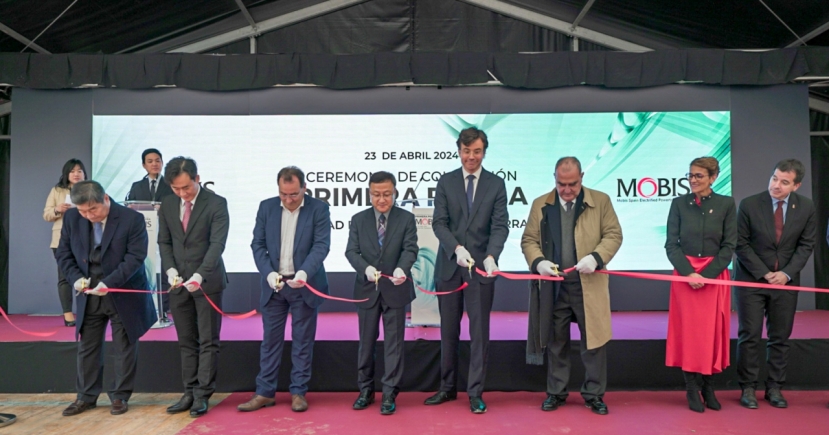Finance
[Feature] Korean banks ready to work less but pressured to hire more
 |
Due to the one-year grace period, the financial sector is apparently off to a better start than the manufacturing sector which had undergone radical changes in the labor environment last year, simultaneously with the double-digit hike in the nation’s hourly minimum wage.
Their core dilemma, however, lies elsewhere.
While the application of fintech and flexible work schedules lead to organizational downsizing, local banks ironically continue to face government pressure to expand the scale of employment amid a lackluster job market trend.
Green light for 52-hour workweek
As of end-June, most local banks were ready to face the legal effectuation of the 52-hour workweek rule without setbacks or internal strife, according to officials.
“The conventional average workhour stood at around 45 hours, mostly under 50 hours per week, unless under special circumstances, so the introduction of the 52-hour ceiling does not bring about radical changes,” said an employee of one of the top-tier banks here, who wished to remain anonymous.
“The real change, in my opinion, is not about the quantitative length of working hours but the organization culture that seeks maximum efficiency within a given time period and the awareness that one should not infringe upon others’ afterwork hours.”
Shinhan Bank recently started handing out cube-shaped signs to display the remaining time of a meeting, pressing participants to end discussions within the predesignated time.
KB Kookmin Bank has placed a total ban on time-consuming PowerPoint presentations, replacing them with simple keyword-focused memos.
KEB Hana Bank and Woori Bank are holding work efficiency promotion campaigns by limiting the frequency and time length of meetings and the amount of perfunctory written reports.
NH NongHyup Bank has changed the timeline of its weekly management meeting from the conventional 8 a.m. Friday to 9 a.m. to meet the standard labor hour requirements.
Most of the banks have adopted a so-called PC off system, automatically shutting down computer operations after working hours and reflecting the compliance level to the supervisors’ key performance indicators.
“The automatic turning off action sends out a strong signal to employees that the head office does not wish them to work overtime,” said an executive director level employee at Shinhan Bank.
“In the past, it was difficult to initiate changes in the work culture due to the branch organization of bank in which managers hold effective control over individual offices.”
As the overtime workhour reducing initiative is still in its early stage, some middle managers have not fully adapted themselves to the renewed frame, holding nonoccupational activities such as field days and voluntary services on weekends, he added.
“Though further improvements should be made along the way, I believe that banks have taken some steps out of the box, drifting apart from the conventional bureaucratic, hierarchic organization culture,” he said.
Some young working-level employees complained of the double whammy of having to deal with conventional operations, while spending extra time and efforts in learning the new digital systems and instructing clients.
“Faced by workforce shortage (resulting from reduced working hours), the management tends to turn to digital solutions, which slots in well with the innovative growth initiative,” said a junior employee at Woori Bank, surnamed Park.
“But what needs to be put into consideration is that such a transition requires resources in the process, as employees need to allocate time and efforts on learning and spend even more on teaching customers how to use the new digital systems.”
Matter of expenses
While the labor conditions of conventional employees have advanced, managements are facing a growing dilemma over the expenses required to fill in the operational vacuum of shortened working hours.
In the first quarter of this year, the personnel expenses spent by the country’s top six banks -- Shinhan, KB Kookmin, Woori, KEB Hana, NH NongHyup and Industrial Bank of Korea -- totaled 2.9 trillion won ($2.5 billion), up 13.9 percent from a year earlier. This includes regular salaries, welfare benefits, retirement allowances and other spending on human resources.
Large organizations such as KB Kookmin and KEB Hana claimed that the on-year rise was due to the major restructuring and consequent retirement payments.
But it turned out that the total workforce in the major six banks has climbed slightly on-year as of end-March, amid expansive recruitment plans.
“It seems that the automatic computer shutdown and other smart applications that are being carried out under the pretext of labor environment improvement are in fact just efforts to cut down costs,” said a Shinhan Bank employee, who refused to be named.
“I mean, the government’s drive for shortened labor hours not only placed administrative burden on management but also acted as a timely cause to put the brakes on cost-spending operations.”
Notwithstanding the cost dilemma, leading banks are said to be reviewing their recruitment program to increase the maximum number of new employees for this year. Their gesture came in the wake of the Financial Services Commission’s announcement earlier this month that it will measure the job creation effects of the financial sector and announce the detailed figures in August.
“Details are yet to be decided,” said a bank spokesperson, refraining from confirming the recruitment expansion plan.
 |
Flexibility may be the only answer
Sanguine industry observers suggested that in light of the recent labor trend changes, banks could find a compromise that allocates an increased scale of manpower into diversified work schedules while seeking cost efficiency at the same time.
One of the suggested examples was the so-called “afterbanks” that are operated with flexible work schedules, unlike conventional bank offices that are run from 9 a.m. to 4 a.m.
According to the Korea Federation of Banks, the number of such flexibly operated bank branches rose to 733 as of last year, up from 673 a year earlier.
Taking the lead in the trend was KB Kookmin Bank, which opened seven such innovative offices during the first half of this year, ahead of the 52-hour workweek application.
The corresponding offices, mostly located in office-clustered downtown areas and suburban industrial zones, are open from 9 a.m. to 7 p.m., with employees rotating in morning shifts and afternoon shifts based on individual demands, according to the bank.
“Such a flexible system could be an alternative in this era, when labor conditions undergo drastic changes and social awareness follows suit,” said an official of the bank.
By Bae Hyun-jung and Jung Min-kyung/The Korea Herald (tellme@heraldcorp.com)
(mkjung@heraldcorp.com)








